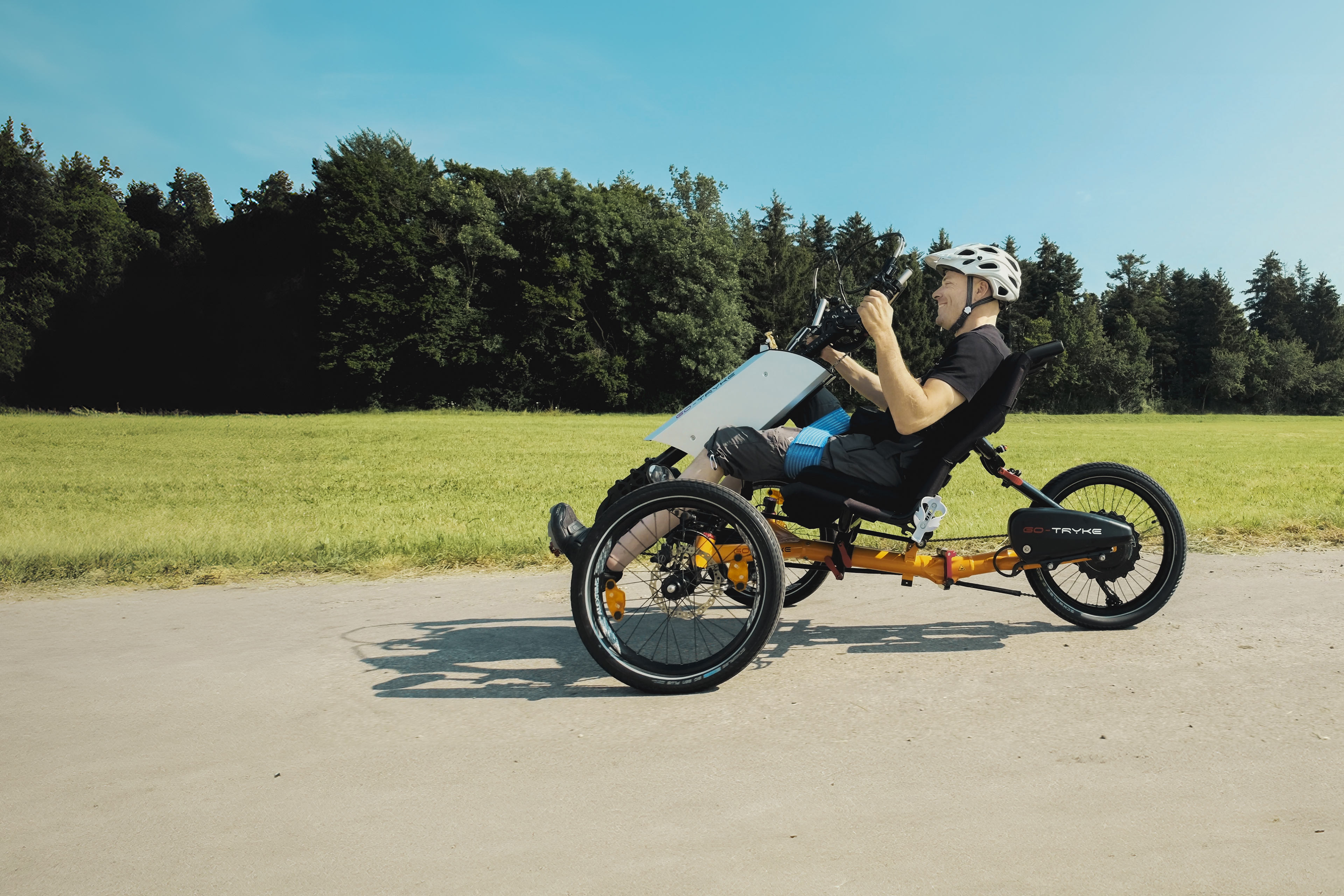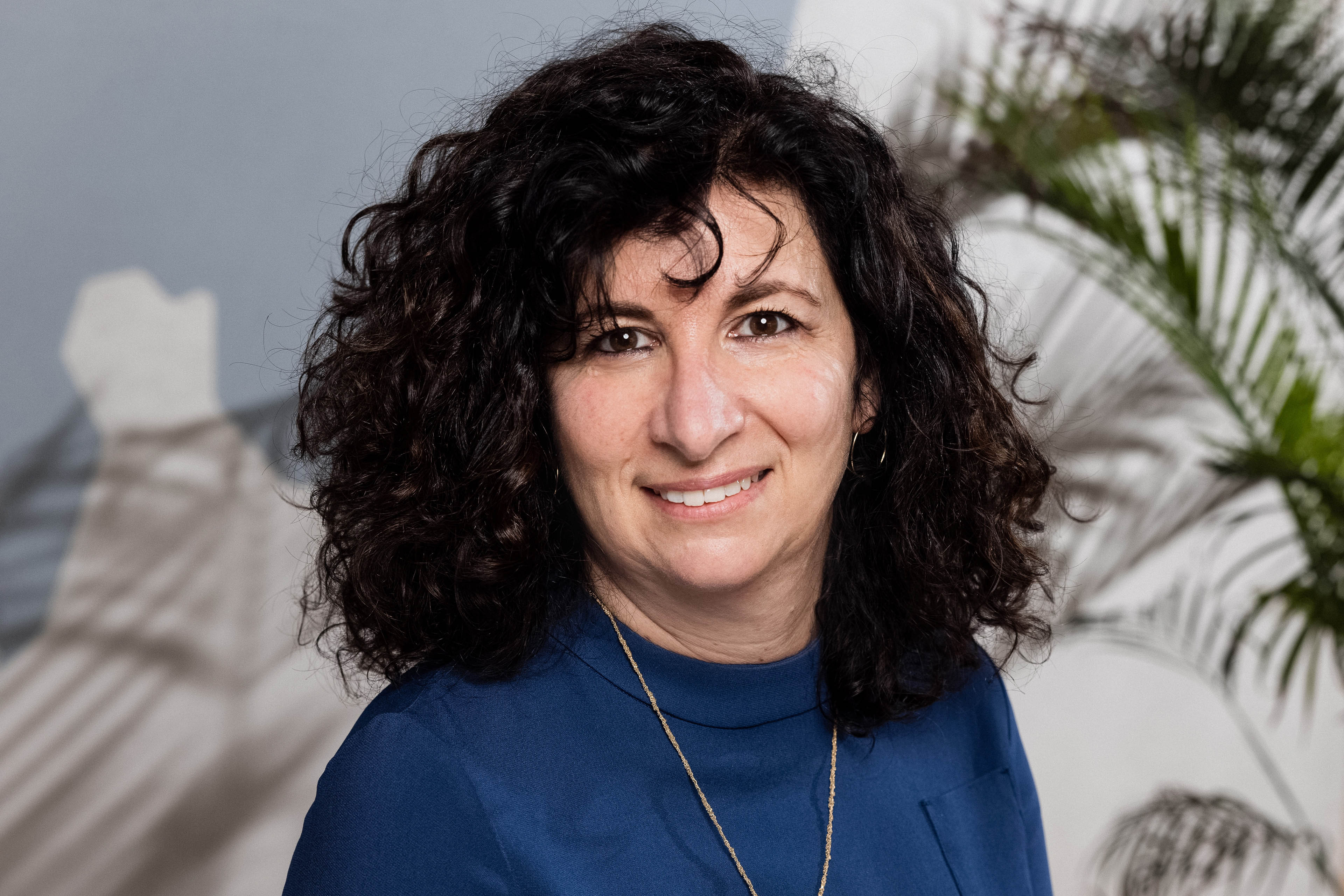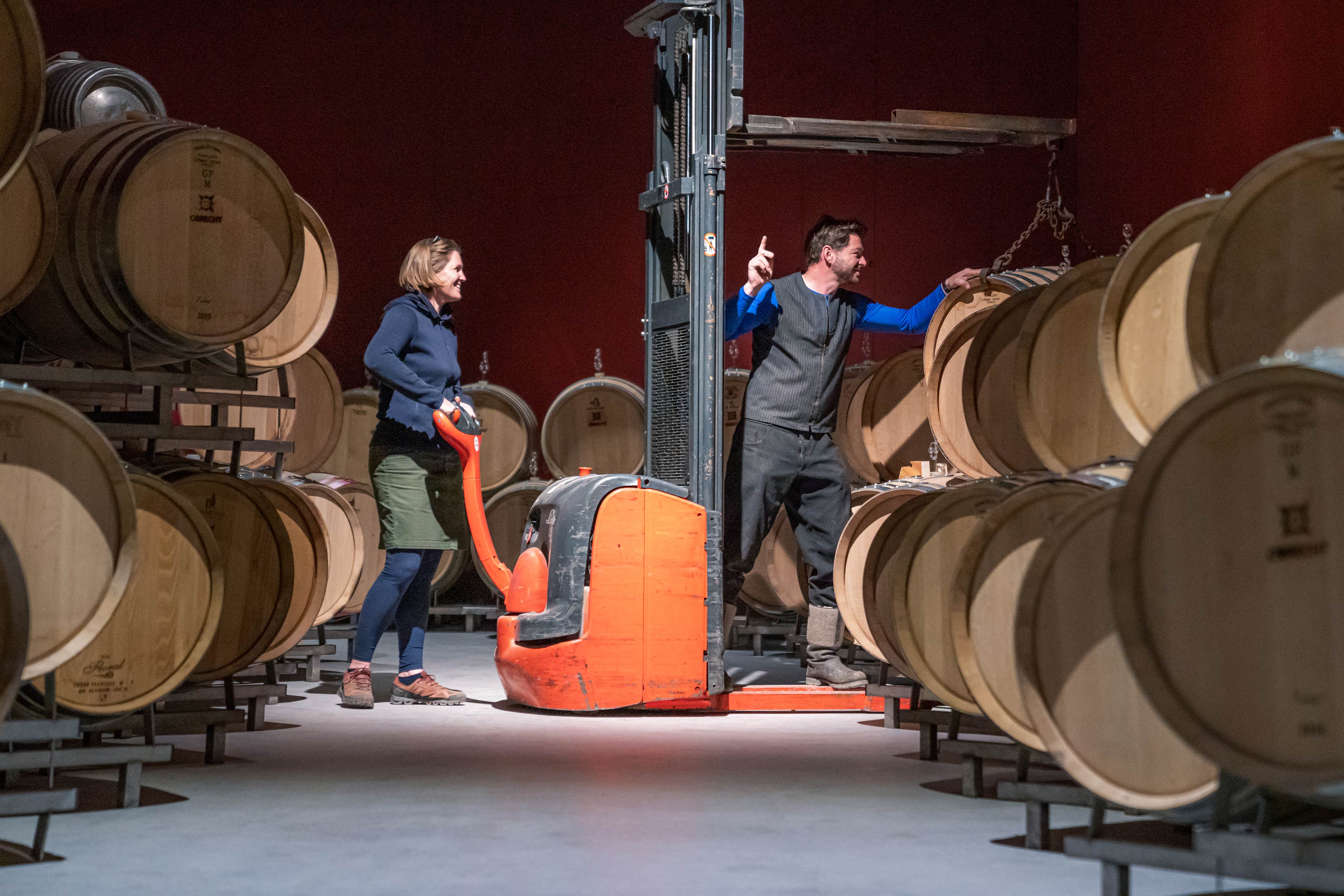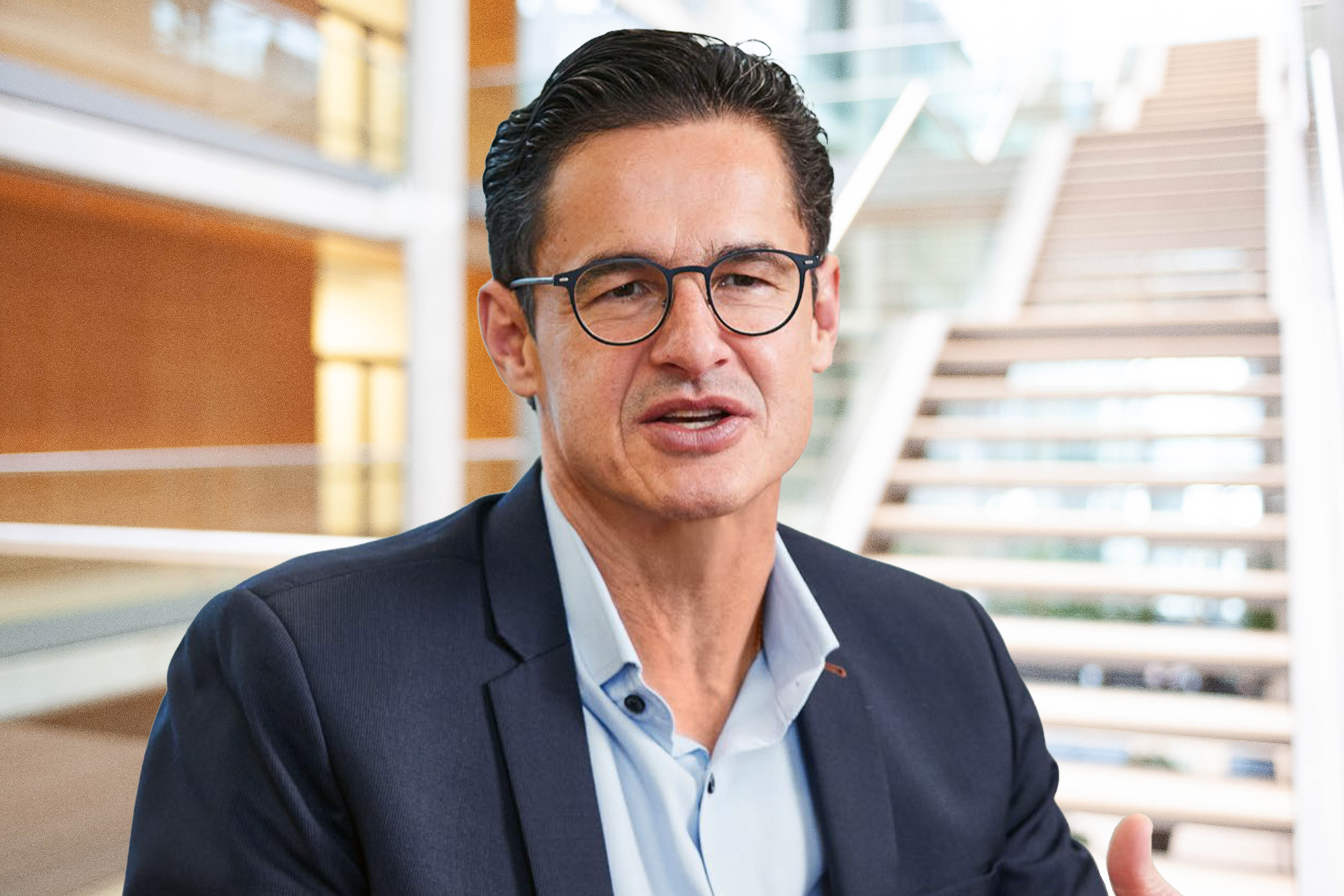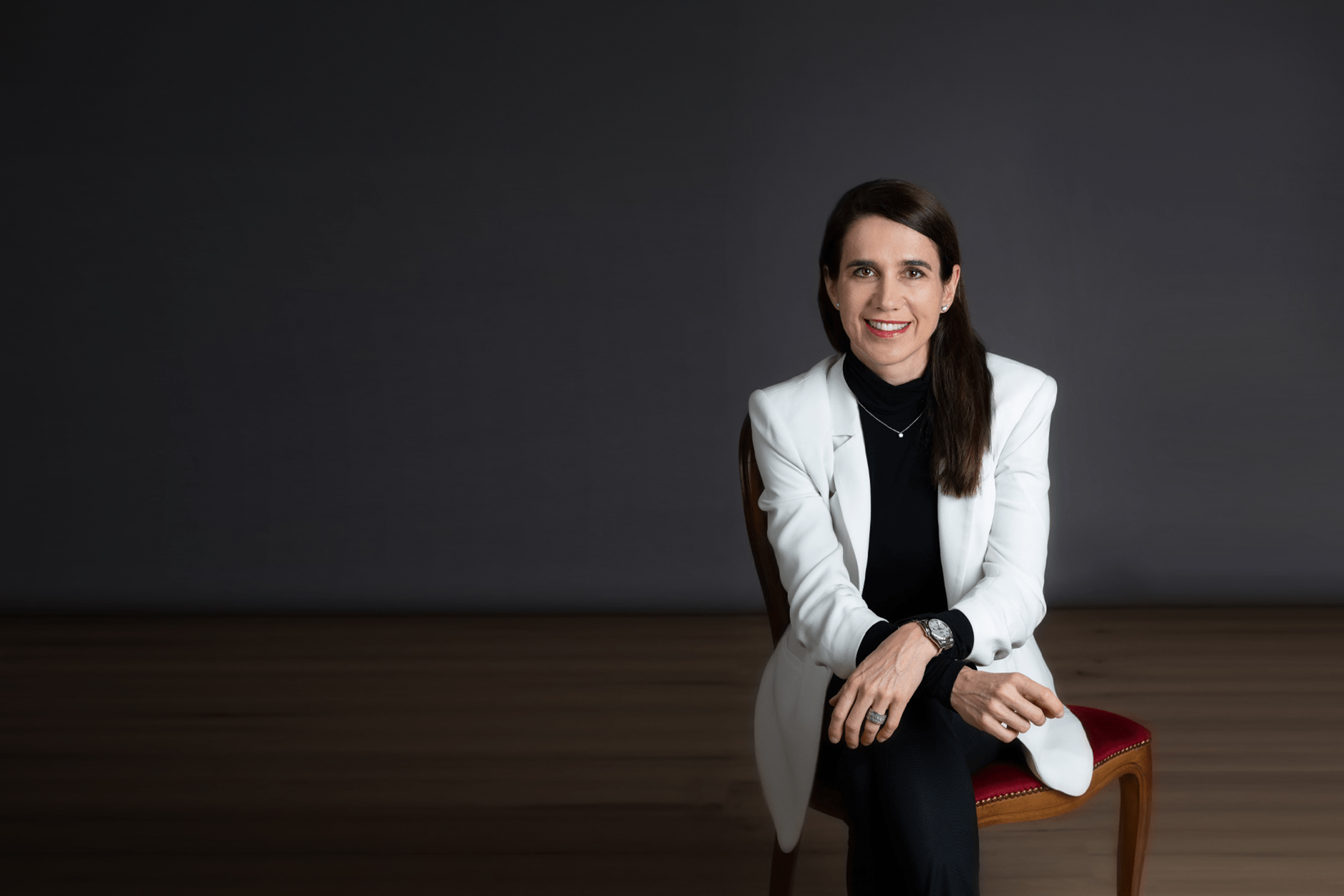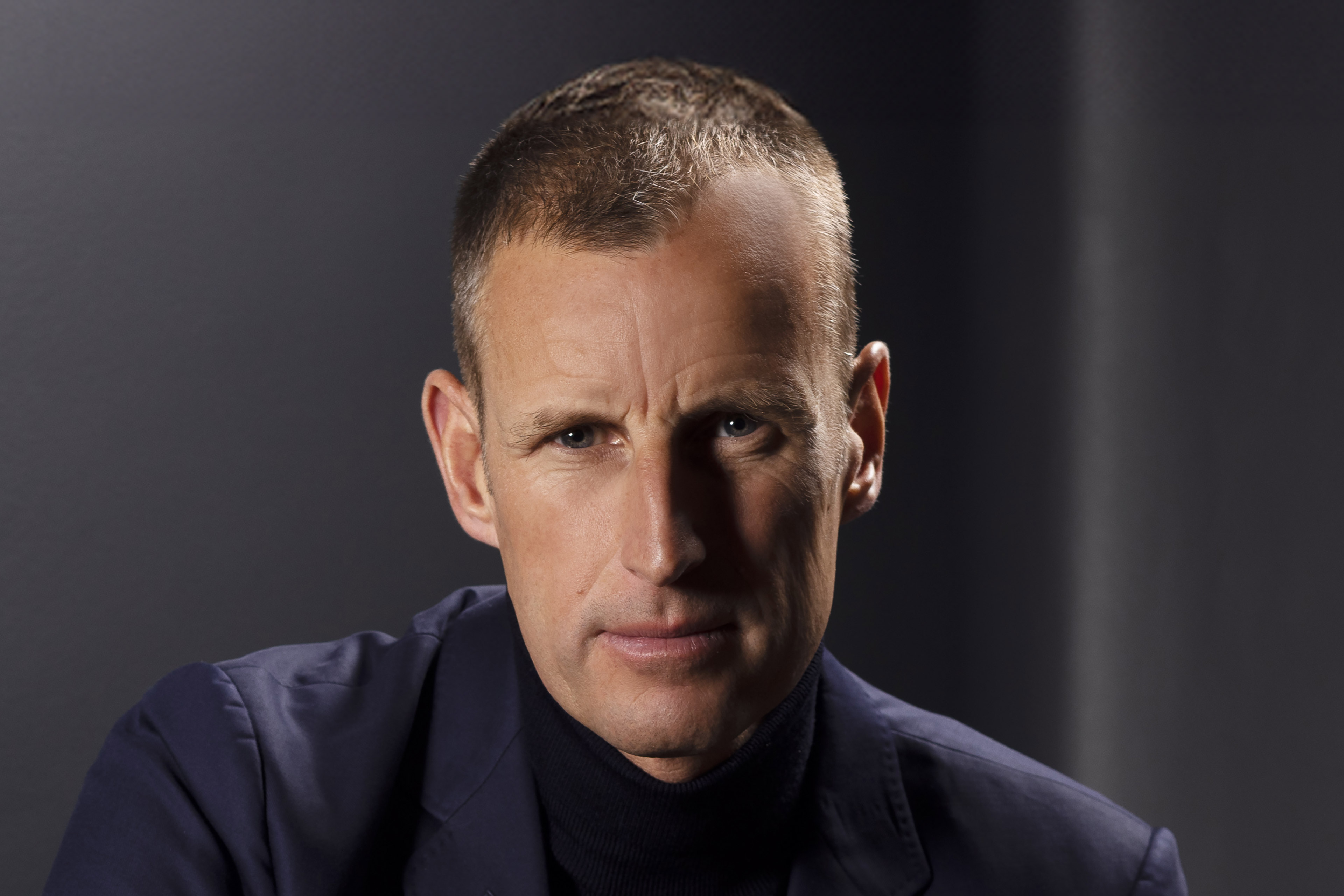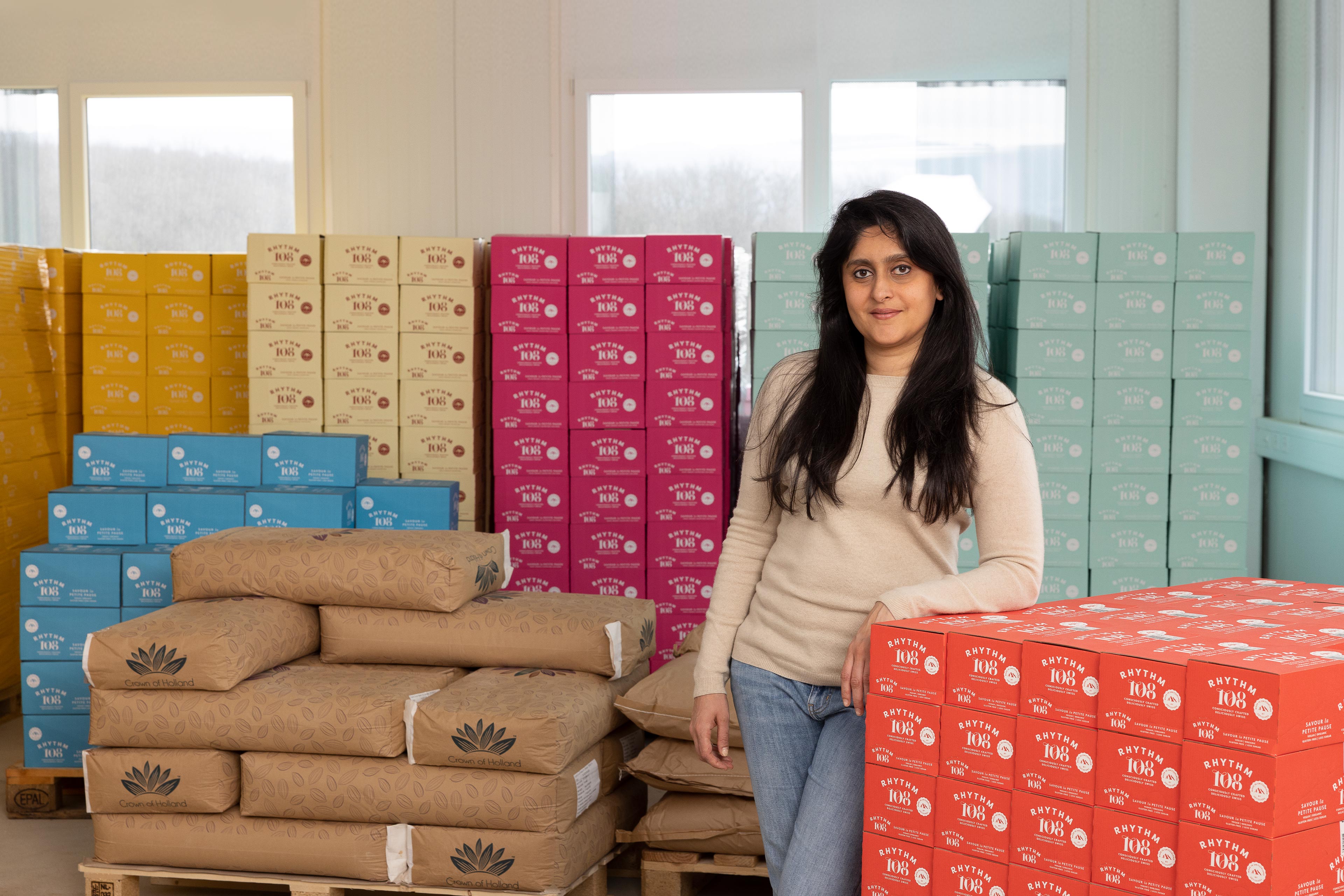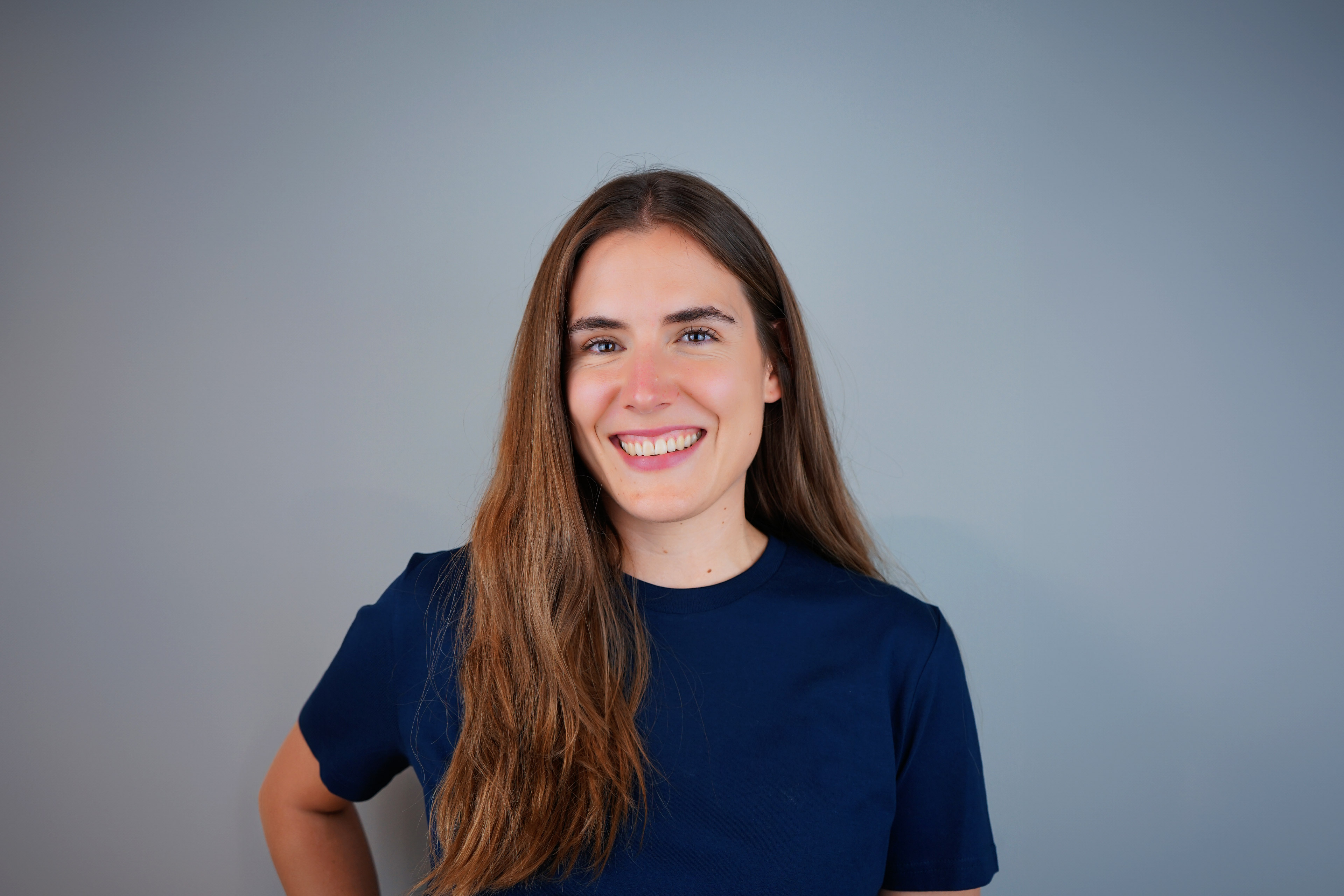EY refers to the global organization, and may refer to one or more, of the member firms of Ernst & Young Limited, each of which is a separate legal entity. Ernst & Young Limited is a Swiss company with registered seats in Switzerland providing services to clients in Switzerland.
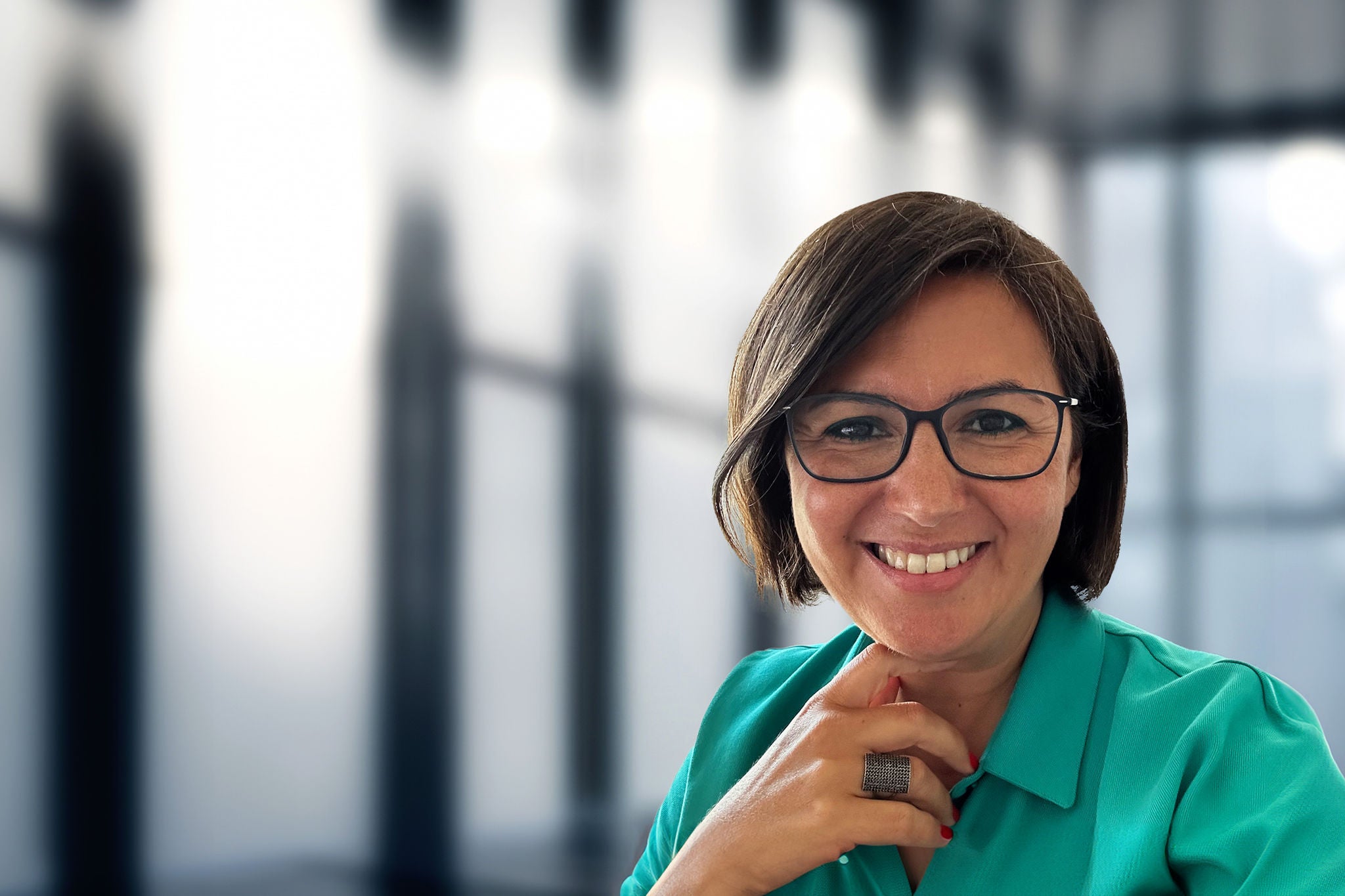
“I have intentionally made decisions in my team to create a strong talent bench
Serra Bicak
Serra Bicak is the Senior Vice President Reckitt Africa Middle East at Reckitt Hygiene. She has lived and worked in eight different countries for various roles during her career in fast-moving consumer goods. Serra Bicak is passionate about diversity, equity and inclusion (DE&I) and leads Reckitt Hygiene’s gender balance program.
Serra Bicak is the Senior Vice President Reckitt Africa Middle East. As part of her role, she is responsible for gender balance within the organization. In our interview, she shares her own journey and discusses why a shared culture and individual action are both important in bringing sustainable change.
Why is DE&I so important at Reckitt?
We operate around the world, and we have a diverse workforce – people with different nationalities, backgrounds, belief systems and ages. Putting that workforce on a pathway to maximize potential in an inclusive environment is a strength, a muscle to flex and a power for the organization’s performance. It’s all about building the next generation of leaders that perform at their best. That’s how you give back to your community, how you build your brands, and how you create a sustainable flywheel. It’s win-win-win all around.
What’s your personal journey in the DE&I space?
My inspiration started at home. My parents are architects and my mother – don’t tell my dad (Serra laughs) – is actually more talented. But she took a back seat to be the backbone of our family. She was offered an international assignment in Switzerland but turned it down. Instead, she settled and followed a different path in life. But she chose to call me Serra – a name that would travel well internationally. I think my experience influenced me, my choices, the path I took. I saw first-hand that people need support because there are career clashes, particularly for women. And I wanted to be part of the solution.
Now here I am in my 24th year around the world. Germany is the eighth country we’ve lived in. I met my husband in New York, our daughter was born in Argentina. We have a caretaker who’s from Georgia. So we have a lot of passports that we travel with! If you think about this background, I’ve always been a minority. I’ve learned a lot in these eight different countries: different languages, cultural norms, traditions that I had to understand very well. Feeling like I belonged was about survival, and an inclusive environment was essential for me to be able to adapt and to thrive.
The week I arrived in Reckitt, I was invited to a session called “Stronger Together” and the topic was gender balance. I had never really considered myself a woman leader before. I was just a leader. Suddenly, putting a name to some of these issues, and sharing the topic so openly and transparently, triggered something in me. Reckitt has been a catalyst for me in better defining the “why”, the “how” and the “what”. So it’s not just about building awareness – it’s about taking action. Reckitt has created platforms to do that. And this is why I am here now leading on gender balance for Europe on top of my business role for the company.
Putting the workforce on a pathway to maximize potential in an inclusive environment is a strength, a muscle to flex and a power for the organization’s performance.
What have you done in the last two years to address gender balance in Europe for Reckitt?
I started with mentorships and expanded the pool of mentees over time. Throughout this process, I’ve been very conscious and intentional about building a DE&I agenda in the organizations that I lead. You typically have a better gender balance at the lower ranks of the organization. But leadership is difficult. We’ve reformed our sales organization, which was inherently male, from 11% women representation at the leadership level to 44% women today. It took 12 months. But quite frankly, this is not about stats and numbers, it’s about building the right culture.
I had never really considered myself a woman leader before. I was just a leader.
How do you measure the impact?
To measure our progress, we obviously track our gender balance. We report our gender pay in 9 of our bigger markets. We keep track of measures and we also partner with external experts to track our progress against some of the industry leading practices. At the people level, we also incorporate inclusion in development plans and performance reviews. Besides the formal measurement elements, there is also this informal, intangible “freedom to succeed” culture that propels the company forward in the right direction. When you look at our global engagement surveys, you see that authenticity is a strength and a high-scoring area.
Behavioral and cultural change needs to happen on an individual level.
What’s next for Reckitt? And for you on your personal journey?
I personally would like to see a German woman on the General Counsel in 10 years. That’s my ambition. But that all starts from building the right talent bench. Progress is what I truly care about. It’s not about hitting a numerical target because that can also risk making you do the wrong things. We are building the next generation of leaders of all genders. They have to be the right people with the right skill sets and the right capabilities. I have intentionally made a lot of decisions in my team to create a strong talent bench. It’s going to be very fulfilling to see the fruits of that labor.
As for me, whatever my roles in this company – and I intend to do many more – our cultural transformation is going to continue. I don’t think Reckitt will ever be “done” and I’m excited to be part of that ongoing evolution. At the same time, I know it’s going to be a marathon to get to a point where I no longer consider myself as a woman leader, a point where no one has to consider their gender when they are defining themselves as a leader.
Featured articles and interviews
Sebastian Tobler, Co-founder and CEO of GBY SA
Sebastian Tobler is co-founder and CEO of GBY SA, which has developed a new approach for the rehabilitation of people with reduced mobility. An automotive engineer by training and trade, Sebastian Tobler’s life took a new direction when a bike accident left him paralysed. Alongside his entrepreneurial activities, he heads the SCI-Mobility Lab as Professor at the Bern University of Applied Sciences.
Originally from Naples where she grew up and studied physics, Luciana Vaccaro moved to Switzerland in 1996 to complete a PhD in microengineering at EPFL. She held various positions in research and education at the universities of Neuchâtel and Lausanne before heading the Grant Office at EPFL. In 2013 she took the reins of HES-SO as rector. Last October, Luciana Vaccaro was elected president of the umbrella organization swissuniversities and started in her new position on 1 February.
Francisca Obrecht, Weingut Obrecht
Peter Rupp grew up in Sargans, Switzerland, around 20km south of the Hilti headquarters in Liechtenstein. He studied Economics in St. Gallen, then took a post-graduate degree in Engineering in Winterthur.
Peter Rupp grew up in Sargans, Switzerland, around 20km south of the Hilti headquarters in Liechtenstein. He studied Economics in St. Gallen, then took a post-graduate degree in Engineering in Winterthur.
Monika Zihlmann, Global Digital Commercial Platforms
Monika Zihlmann, Vice President Global Digital Commercial Platforms at Smith+Nephew, discusses the trends and pressures shaping the medtech industry and explains why now is the time to embrace a multi-channel customer engagement model.
Patrick Pruniaux, Chairman & CEO of Sowind Group
Patrick Pruniaux has a background in business administration and began his career in the watch industry at TAG Heuer. Always fascinated by innovation, he joined Apple in 2014 and oversaw the launch of the Apple Watch. Following a move to Kering in 2017, he managed the Ulysse Nardin and Girard-Perregaux watch brands. In 2022, Patrick Pruniaux spearheaded the historic management buyout and now serves as CEO of these two brands within Sowind Group.
Siddhi Mehta, founder and CEO of Rhythm 108, talked to us about sustainability, craftmanship – and how her company combines heritage and innovation to take the Swiss chocolate tradition into the future.
Judith Häberli, CGO and co-founder of Urban Connect as well as EY Entrepreneur Of The Year™ 2023 Switzerland winner in the category "Emerging Entrepreneur", shares her motivation for starting a corporate mobility platform and explains why real change only happens when companies work together.




